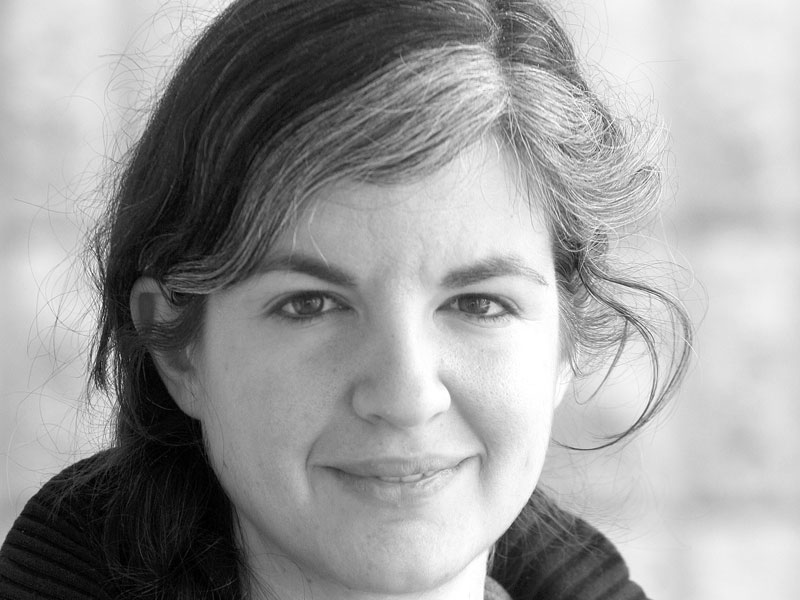Columnists
New you?

Now that it’s 2017, hopefully less beloved celebrities will die, the political world will be more civilized, and we’ll all lose a few pounds.
It’s everywhere you look at the end of the year. Those promotional ads for fitness or diet schemes that will help folks achieve their new year’s resolutions. Promises of change and renewal and hope as if the current trajectory of time has been interrupted by the change in the calendar year.
The date the majority of the world recognizes as the beginning of the next calendar year—January 1—is not even the only new year.
The Chinese new year is celebrated in February. The Iranian Nowruz is celebrated as new life blooms in the spring, while Jews mark a turn around the sun during the harvest season in the fall.
In fact, the mid-winter new year’s day we all know is an arbitrary, man-made date that came about from a bit of renaissance era European math and politics.
In 1582, Pope Gregory XIII, concerned the celebration of Easter had gotten too far away from the spring equinox, recalculated the Julian calendar, in use since Caesar’s time in 46 BCE. The more accurate calendar meant skipping a few days to remain accurate, but it was immediately adopted by Catholic European states. However, it took Protestant countries longer to adopt, since they felt it was an attempt by the Pope to undermine their faith.
It wasn’t until 1752 that the UK and its colonies, including Canada, adopted the Gregorian system, far more accurate than the Julian calendar at keeping track of a solar year, with a lag of only one day every 3,236 years. Shortly after the end of WWI, most countries accepted the Gregorian calendar as the universal one.
Despite the math and the delicate politics of developing a near-accurate solar calendar that has, for the most part, been globally accepted, January 1 is, after all, just one day in that year.
An Ipsos poll published at the end of 2015 showed most Canadians already get that. Just under a third actually set resolutions for January 1. Mostly, this year, it seems folks are just hoping 2017 will feature less tragedy.
But of those who do set goals, only a quarter keep them going for the long run. Most give up eventually.
It’s not that we can’t achieve the goals we set for ourselves. It’s something about the pressure we put on that mark of time, that hope of renewal that is soon spoiled by the reality that we are who we are, and a different number on the calendar can’t change that.
It’s not to say we should all give in. There are worthwhile ways to attempt to change for the better, whether it’s getting fit, improving our careers or simply being kinder.
But those are changes that come slow and steady, the way time moves, and without regard for those time markers that have fuelled an industry of gym memberships and wall calendars.

Comments (0)